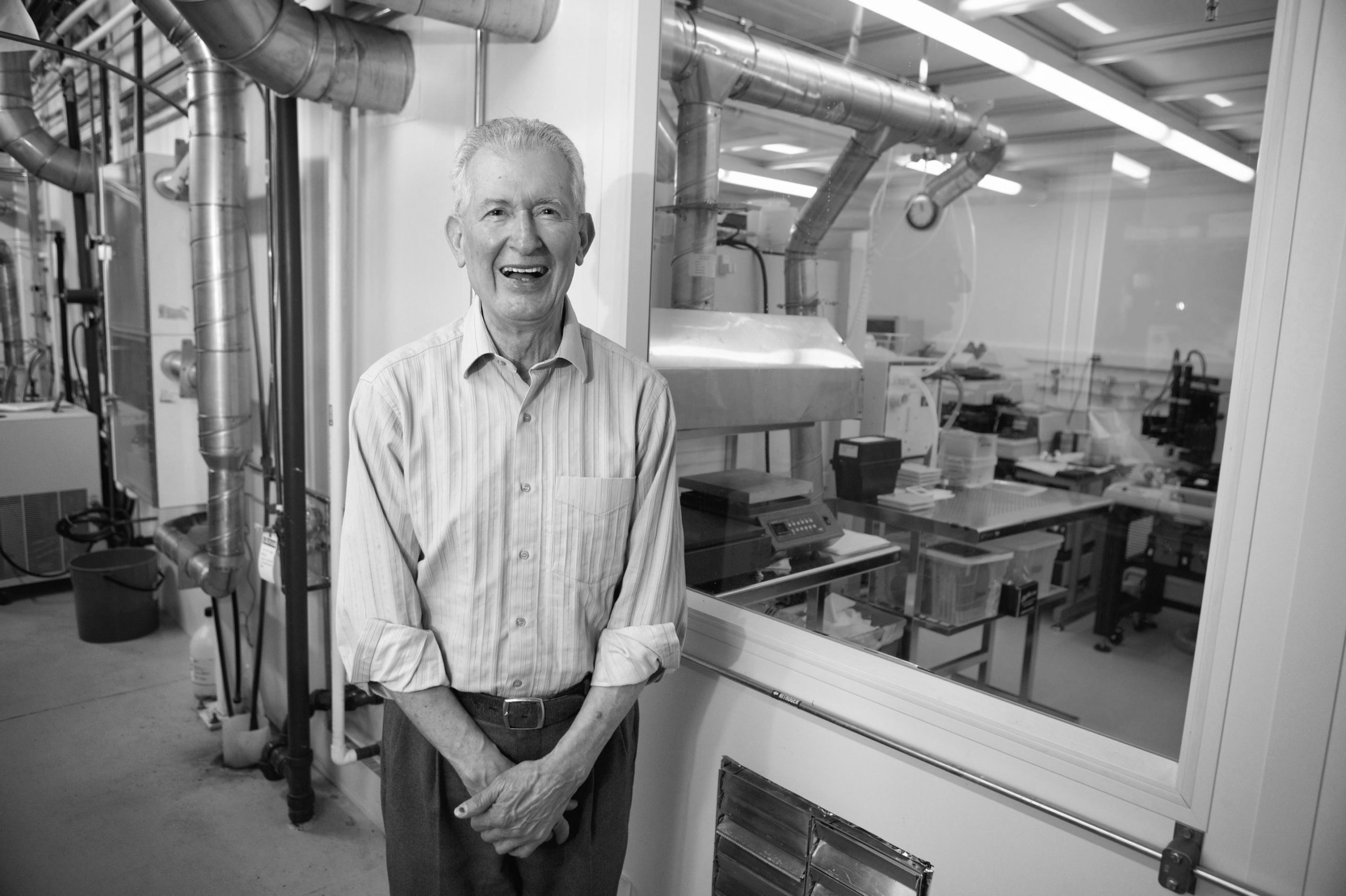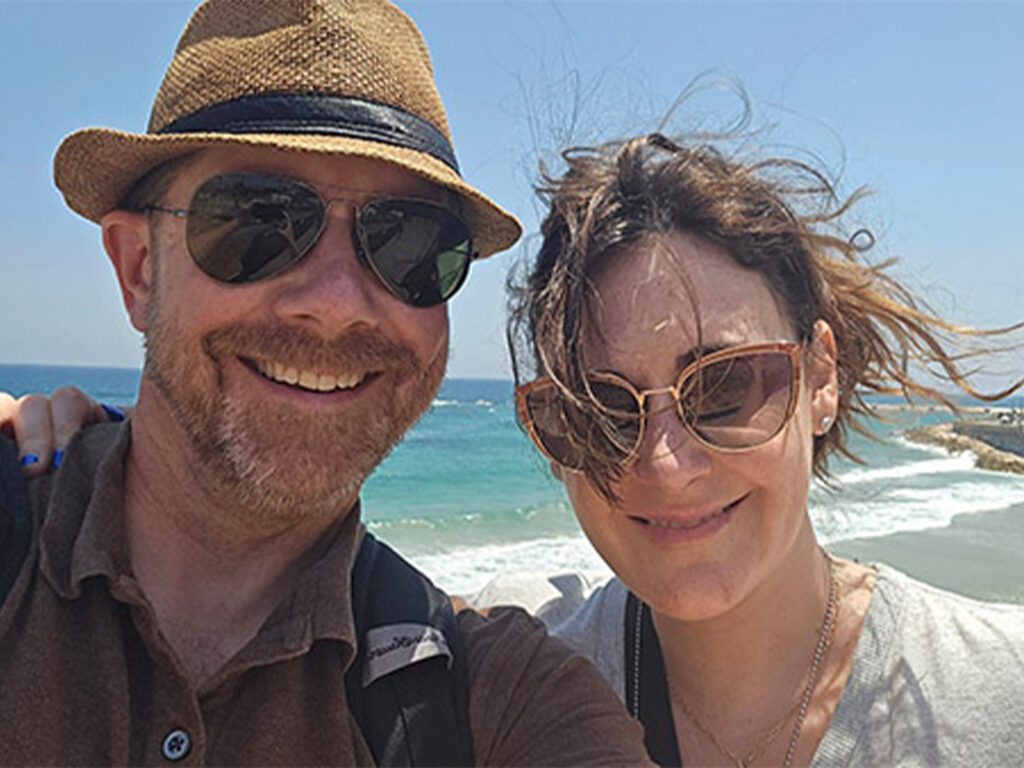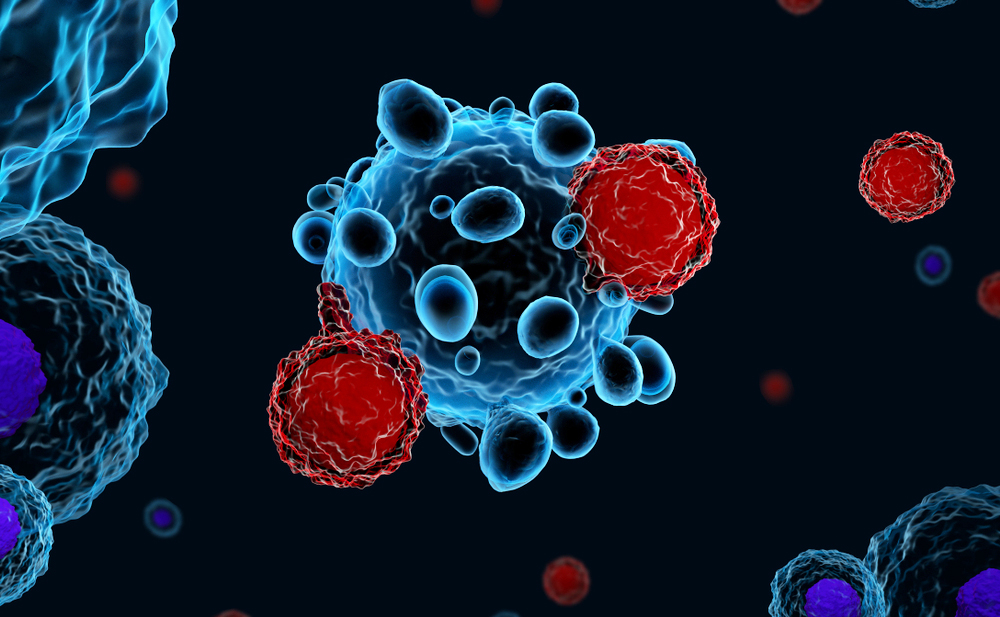Octavio Hurtado, laboratory manager of the BioMicroMechanical Systems (BioMEMS) Resource Center at Mass General, has aided in the development of the circulating tumor cell (CTC) microchip, which can detect and isolate CTCs with 100 times greater sensitivity than other existing technologies.
Found in the blood of patients with a primary cancer tumor, CTCs are extraordinarily rare, and their detection presents a major challenge. The construction of the CTC-chip requires a highly controlled environment, free of pollutants such as dust, bacteria or other debris. From scratch, Octavio assembled the necessary infrastructure for a “clean room” that would fulfill the needs of a microelectronics laboratory. An expert in micro- and nano-technologies, Octavio oversaw the development of the first-generation CTC-chip, which required the micromachining of 80,000 tiny posts, one-third the size of a human hair and coated with antibodies to capture CTCs. He has managed the development of all subsequent generations of the microchip as well.
In addition, Octavio played an integral role in BioMEMS’ production of microtechnology tools used for prenatal diagnosis, HIV/AIDS monitoring, and the simulation of living organs, such as the lung, heart and intestines. BioMEMS projects require the collaboration of engineers, physicists, chemists, geneticists, biologists and oncologists, and Octavio supports the team with relentless diligence.
Originally from Colombia, South America, Octavio began his scientific career in 1974 at MIT, and worked his way up in the field, becoming an expert in microsystems engineering. “Octavio never asks for anything,” says Mehmet Toner, PhD, founder and director of the BioMEMS Resource Center. “He is dependable. He is the best as far as the technical knowledge in the field, and he loves supporting the cancer team to make a difference using the CTC-chip. He is a quintessential team member who enjoys the success of others. The CTC-chip project would not be where it is today without his dedication to the project.”





